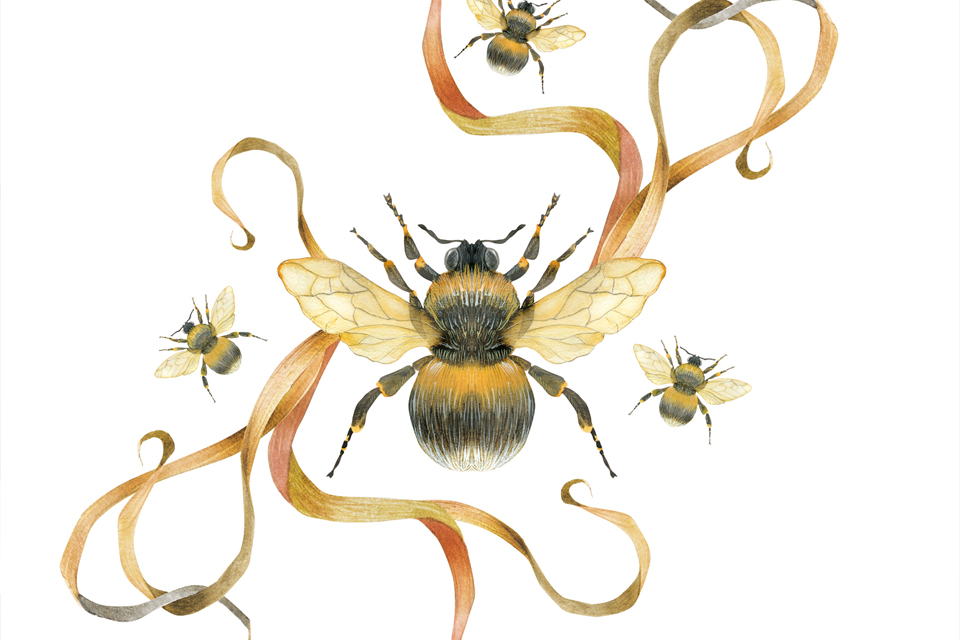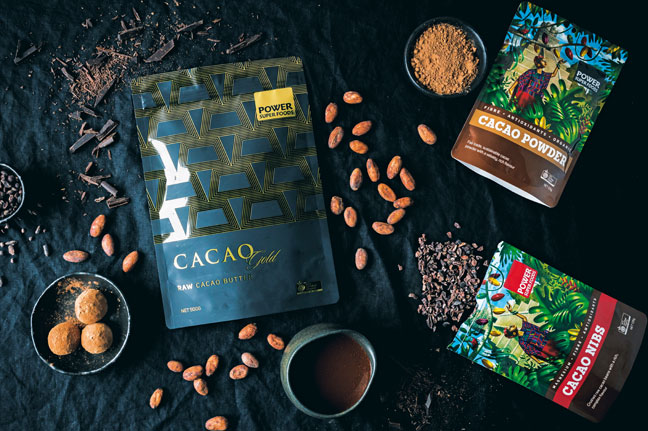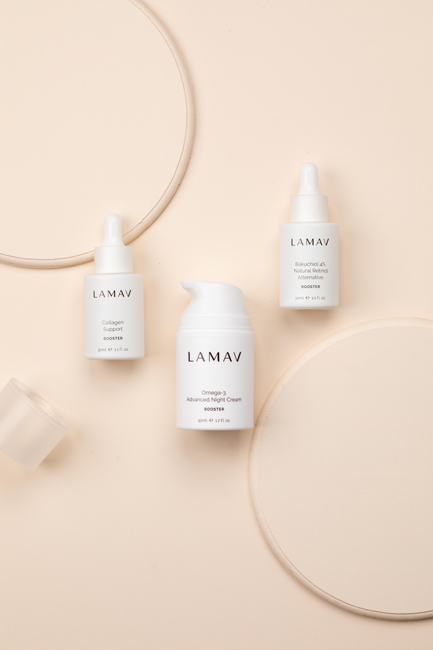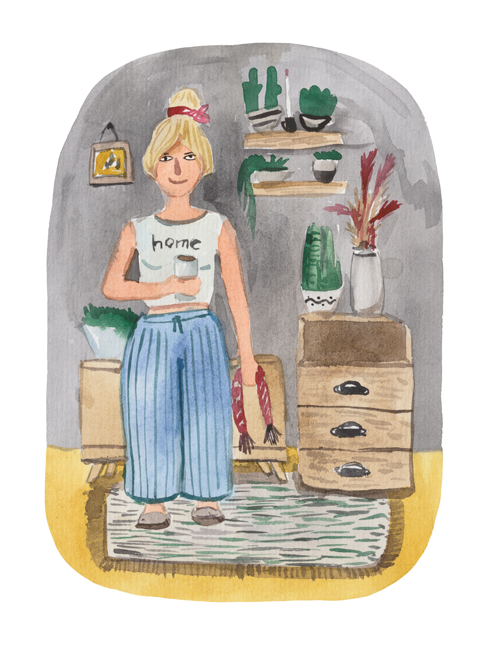We explore the importance of bees and why they’re a key element in caring for our planet and regenerating our ecosystem.
Next time you walk through a garden, keep your eyes and ears alert to the busy workers that are flying about pollinating our crops: bees. Hopefully you will spot many of these incredible insects that play a crucial part in our ecosystem, most significantly in the food chain.
That is why it’s concerning that the world’s bee populations are dwindling. The importance of bees goes beyond the production of honey, without bees, crops would fail to grow, breed and produce food. And while many of us think of the European honeybee first and foremost, in Australia we also have almost 2000 varieties of native bees.
Permaculture systems work with instead of against nature, which is why there is an emphasis on encouraging bees to gardens. “Bees fit perfectly alongside the principles of permaculture,” says Celeste Faltyn, the founder of Victorian lifestyle goods company Apiary Made. “They’re a vital part of creating the balance of pollination that a permaculture garden needs to prosper.”
Bee resources
Minimising waste is an important element of permaculture. In the context of bees, it’s why honey is often used for more than just drizzling on porridge. It can also be added to homemade skincare products, while beeswax can be melted to make sandwich wraps.
Discovering that jelly bush honey worked wonders on her scars, Celeste was inspired to whip up her own batch of skincare that she now sells at Apiary Made, along with handmade beeswax wraps.
Care for the earth
One of the key ethics of permaculture is “care of the earth”, which also relates to how we can help bees. The main reasons for the declining number of bees worldwide are climate change, parasites and pathogens, and industrial agriculture.
Choosing organic foods and avoiding chemicals in our gardens are beneficial to both us and bees. Specifically planting flowers and herbs that encourage bees to come by is a clever idea that will also brighten up your garden — win, win! Plant dandelions, sunflowers, borage and coastal daisies to entice the bees to come.
“You can also leave your herbs and veggies to flower, and even some of your weeds, as they provide a valuable source of nectar and pollen for the bees at times of the year when there may not be other flowers producing a nectar flow,” reveals Celeste.
She says the best thing we can do as consumers is to buy products from local beekeepers. “This means that you’re buying real honey and genuine bee products from the person in your area who is working hard to maintain the bee populations for the benefit of everyone .”
You can also take a beekeeping course yourself or “host” a hive, which involves lending your garden to a beekeeper; they’ll take care of the work while you reap the benefits of honey and the introduction of bees to your garden.
Words SAMANTHA ALLEMANN




